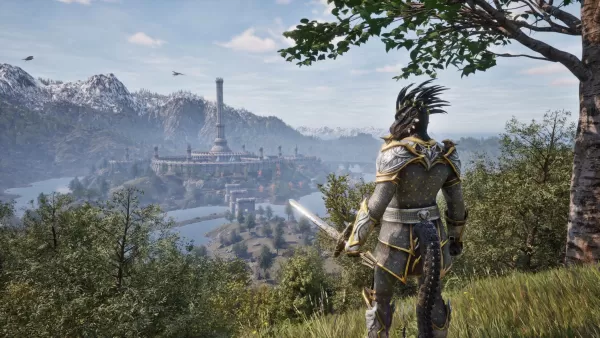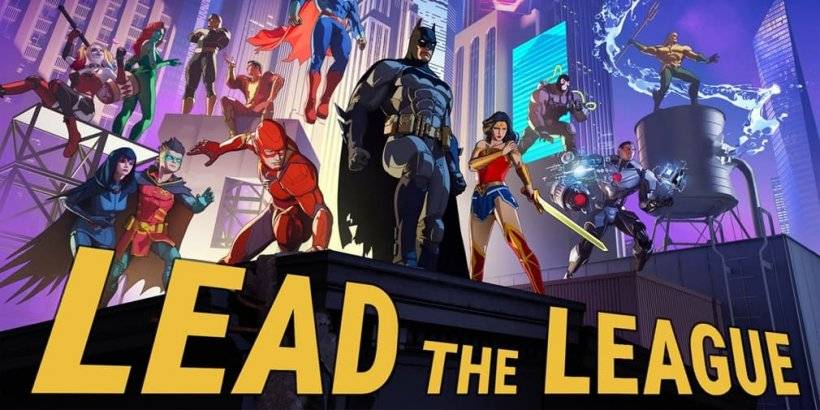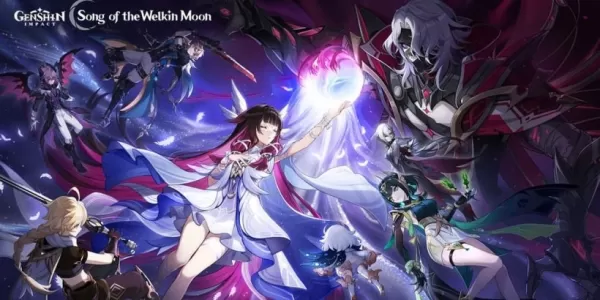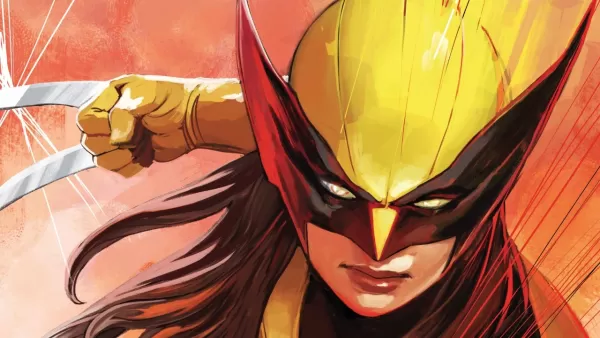By Azura, by Azura, by Azura – the rumors were true. Yesterday, Bethesda set the internet ablaze by finally unveiling Virtuos' remaster (or is it really a remake?) of The Elder Scrolls IV: Oblivion. An 'Elder Scrolls Direct' event culminated in a surprise shadow-drop that quickly attracted hundreds of thousands of concurrent players. This global hype and celebration feels like a much-needed beacon of hope amidst the recent challenges faced by Bethesda Game Studios. From years of damage control following Fallout 76's rocky launch to the lukewarm reception of their new sci-fi universe, Starfield, many fans have questioned whether Bethesda has lost its magic touch. With fierce competition in the RPG market from titles like Larian Studios' Baldur's Gate 3 and Obsidian's The Outer Worlds, both hailed as spiritual successors to Elder Scrolls and Fallout, the wait for Elder Scrolls 6 and Fallout 5 feels even longer. However, this re-release of Oblivion might be a step in the right direction, albeit an unexpected one.
At its peak, Bethesda Game Studios was a powerhouse in the RPG genre. According to Microsoft's leaked FTC documents from 2020, Fallout 4 sold 25 million units, with over 5 million units sold in the first week alone, as reported by VGChartz. In 2023, Todd Howard announced that Skyrim had surpassed 60 million sales, although its numerous re-releases likely contributed to this figure. In contrast, Starfield's sales estimates stand at just over three million units a year and a half post-launch. Even accounting for Game Pass subscribers and the absence of a PlayStation release, this must be a disappointment for Bethesda. While Starfield does have a dedicated fanbase, it pales in comparison to that of The Elder Scrolls or Fallout, and even they have expressed dissatisfaction with the game's first expansion, Shattered Space.
This situation poses a significant challenge for the developer. With The Elder Scrolls 6 still "years away" and Fallout 5 barely a whisper in the studio's corridors, how can this once-iconic RPG developer recapture the hearts of their fans? The answer may lie in revisiting its past.
Rumors of the Elder Scrolls IV: Oblivion remaster began in September 2023, when leaked Microsoft documents revealed several unannounced Bethesda titles, including a remaster of the 2006 classic set in Tamriel (and another intriguing remaster – more on that later). Silence followed until January 2025, when a former Virtuos employee leaked more details, sparking debates among Elder Scrolls fans reminiscent of the Stormcloaks vs. the Imperials. Finally, last week, the floodgates opened early, igniting the internet – Google searches for 'The Elder Scrolls IV: Oblivion' surged by 713% in the last week, reaching over 6.4 million. At its peak, Bethesda's reveal livestream drew over half a million viewers. Despite the leaks, or perhaps because of them, over 600,000 tuned in to see a 19-year-old game reintroduced. The intense demand for the remaster overwhelmed discount game key websites like CDKeys, and slowed down Fanatical and Green Man Gaming. As of yesterday, Steam reported 125,000 concurrent players, with the game topping the best-seller list. The fervor for Oblivion among Bethesda fans is as intense as the flames pouring from the Oblivion gates themselves.
The message from players is clear: if you (re)build it, they will come. What better way to keep fans engaged during these long development cycles than to invite them to revisit the mysterious lands of Morrowind or the post-apocalyptic ruins of the East Coast? From a business perspective, it's a smart move. While Bethesda's main development team works on long-term projects, trusted partners like Virtuos can use existing blueprints to create remasters in shorter time frames. These remasters tap into games with established audiences and often serve as the first RPGs for many players in their respective generations. Reviving these classics also introduces a new generation to the intricate worlds of Tamriel or the post-apocalyptic landscapes of Las Vegas and D.C.
Bethesda has successfully leveraged its catalog before. During the first season of the Fallout TV show on Prime Video, Fallout 4 was discounted by up to 75%, coupled with a timely next-gen update that included homages from the show. As a result, Fallout 4 sales in Europe surged by over 7,500%, despite the game being nearly a decade old.
 Oblivion Remastered offers a visit to the past that looks like the future. Image credit: Bethesda / Virtuos
Oblivion Remastered offers a visit to the past that looks like the future. Image credit: Bethesda / Virtuos
Looking back at Microsoft's leaked Bethesda roadmap, many noted that a Fallout 3 remaster was slated to follow Oblivion two years later. While the original timelines have shifted – Oblivion was initially set for fiscal year 2022 – if the original intervals hold true, a Fallout 3 remake could be on the horizon for 2026, coinciding with Fallout Season 2. Given the inevitable nature of a Fallout remaster and the show's shift to New Vegas in its second season, could Bethesda be planning a surprise New Vegas remake? The synchronicity between the first season's vibe and aesthetic with Fallout 4 suggests that Bethesda might be ready to elevate its strategy further for the New Vegas-focused second season. Just as they shadow-dropped Oblivion, a New Vegas Remastered trailer could be waiting at the end of Fallout Season 2's finale.
The message from players is clear: if you (re)build it, they will come. However, if there's one game in Bethesda's back catalog that deserves a remake more than any other, it's undoubtedly The Elder Scrolls III: Morrowind. Many Elder Scrolls fans have been clamoring for this, with one group of superfans even remaking Morrowind using Skyrim's tools, similar to Skyblivion. Yet, Morrowind presents a unique challenge. It stands at the crossroads of Bethesda's evolution as a studio – its structure differs significantly from modern Elder Scrolls games. It's only partially voiced, with most of the story delivered through text, no quest markers (players must manually note directions from NPCs), and combat physics are non-existent. While Virtuos managed to overhaul some of Oblivion's more problematic systems, Morrowind itself is a complex system. This is why many adore the game, but it also makes remaking it a daunting task. Remaking Morrowind is a delicate balance; modernize it too much, and you risk losing its original charm. Retain too many outdated systems, and it might feel worse than a terrible skooma hangover.
When a studio becomes the icon of a gaming sub-genre, the challenge is to innovate and evolve while retaining its audience. Rockstar Games has kept Grand Theft Auto fans engaged for over a decade with the ever-expanding multiplayer world of GTA Online, fueling the rumored hefty budget for GTA 6. Bethesda's core strength lies in crafting richly detailed, expansive single-player worlds – Elder Scrolls Online and Fallout 76 don't quite capture the same essence. However, the overwhelming response to Virtuos' Oblivion remaster shows that gamers are eager to dive back into the historic worlds of Elder Scrolls. This doesn't mean any remaster is guaranteed success – this particular one is a result of careful planning and skilled execution, unlike Rockstar's less favorably received GTA Definitive Editions – but what better way for the former king of the modern RPG to regain its footing than by breathing new life into some beloved classics?

 Oblivion Remastered offers a visit to the past that looks like the future. Image credit: Bethesda / Virtuos
Oblivion Remastered offers a visit to the past that looks like the future. Image credit: Bethesda / Virtuos LATEST ARTICLES
LATEST ARTICLES 












